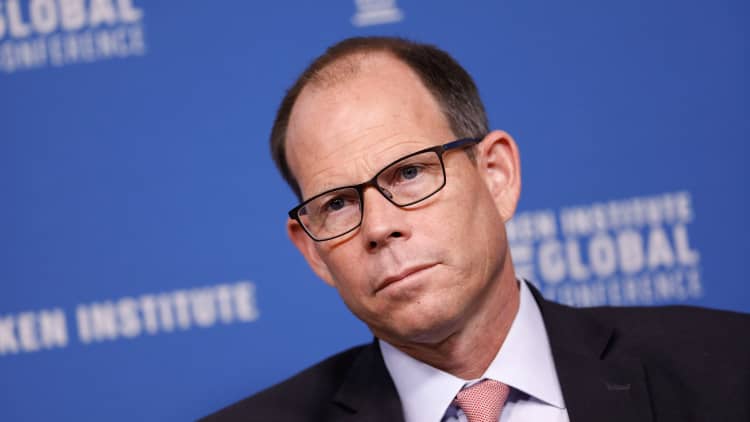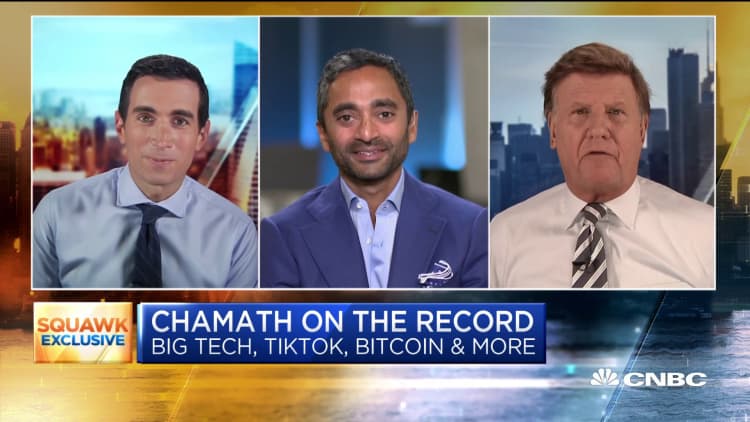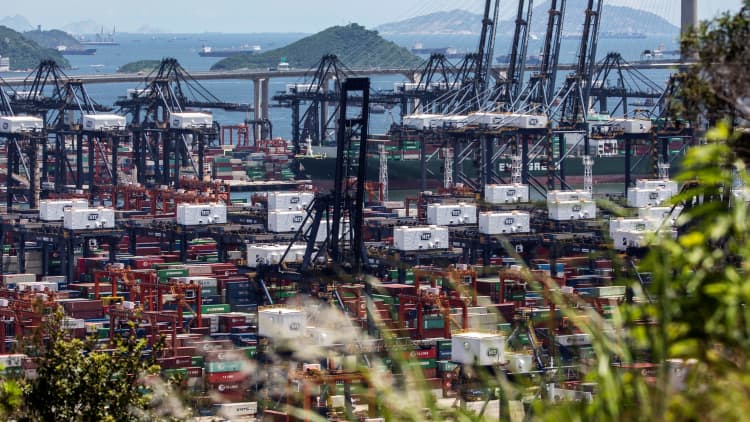Global deaths from Covid-19 are accelerating as the worldwide death toll approaches 1 million. The World Health Organization reported deaths rose by 8% last week compared to the week before, with more than 40,600 fatalities recorded. The U.S., Brazil and India account for the largest shares of that cumulative total, with the U.S. alone accounting for 20% of the tally. Worldwide new cases are declining, but hospitals and deaths typically lag behind new cases by a couple of weeks.
Here are some of the biggest developments Tuesday:
The following data was compiled by Johns Hopkins University:
- Global cases: More than 29.5 million
- Global deaths: At least 935,591
- U.S. cases: More than 6.6 million
- U.S. deaths: At least 195,942





